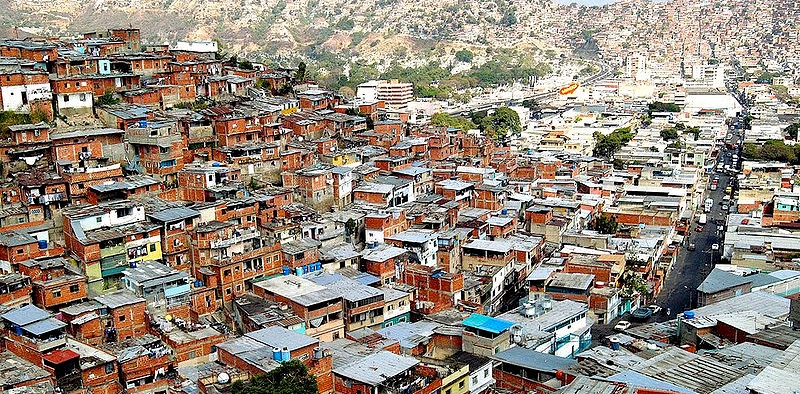
EspañolFriedrich A. Hayek first published The Road to Serfdom in 1944. Unfortunately, several decades later, we find that many of the warnings that he put forth in his book were not heeded, especially in Latin America.
Why is it called The Road to Serfdom? Throughout the book, Hayek questions the compatibility of central economic planning with the rule of law, and whether or not central planning could eventually degenerate into totalitarianism.
His answer was that central planning of the economy is, indeed, not compatible with the rule of law, and that this kind of system eliminates individual choice. What is worse, this system leaves the individual at the mercy of government monopolies, and he inevitably becomes accustomed to the lack of choice and falls into bondage.
With this in mind, what can we say about the current state of the region in 2016? If we read Carlos Rangel in From Noble Savage to Good Revolutionary, we would find sentences like: “Latin America, daughter of the noble savage, wife of the good revolutionary, and mother of the new man.”
This is a region full myths that has failed to evolve over time. A region with blind faith in the nanny state. A region that, at best, supports a “social market economy,” knowing full well that the word “social” eviscerates the rest, as Hayek warned in The Fatal Conceit.
With respect to Venezuela, where I have witnessed this shift in the last 17 years, we have seen the destruction of the natural system of disseminating information within the market: prices. In 2003, the government first instituted price controls on a limited number of items, but then expanded the system in 2010.
Since 2003, the Central Bank of Venezuela has monopolized the purchase and sale of foreign currency, and these controls have effectively destroyed individual choice when it comes to what Venezuelans eat, wear, read, and so on. The Central Bank issues currency in an arbitrary and opaque manner, basing its decisions more on politics than economics.
Meanwhile, private property has been under serious attack in recent years, either by the action or inaction of the Venezuelan government. The regime understands that private property is truly what makes us free and independent from state power, because it is, in fact, what finances our decisions and our individual lives. Private property is, ultimately, what allows us to exercise other rights and liberties.
Sadly, this scenario has terrible consequences, and not just on the country as a whole, but on every individual citizen. Since the government’s central planning and controls eliminate individual choice, and place people at the mercy of the state, individuals are forced to believe that no other alternatives exist. The most painful consequence of central planning is, in fact, this path that leads us all to serfdom.
Hayek himself anticipated this scenario in The Road to Serfdom and warned:
“There will always exist inequalities which will appear unjust to those who suffer from them, disappointments which will appear unmerited, and strokes of misfortune which those hit have not deserved. But when these things occur in a society which is consciously directed, the way in which people will react will be very different from what it is when they are nobody’s conscious choice.”
It is up to each one of us to assert our place as citizens, and realize the true cause of our dire situation. This is the first step in ceasing to be slaves.
 Versión Español
Versión Español












